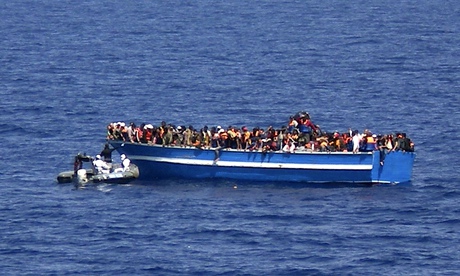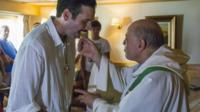
A new laptop is a wonderful thing, but it can slow down the routine tasks of the day. Fortunately Frank has got me up and running.
Last evening parliament voted to extend the Canadian military mission against ISIL/ISIS, both in length of time and scope. Now Canadian planes will be bombing targets within the Syrian borders. All opposition parties opposed this "mission creep" and some of the arguments against extending this military action were eloquent. However, the Conservative majority prevailed and minister Jason Kenny made his usual bombastic statements about members from the opposition "hanging there heads in shame" and supporting evil.
A notable abstention from the vote was by respected Liberal Irwin Cotler, a politician I greatly admire. Cotler is a former justice minister and a long-time human rights advocate. He wonders whether we haven't tacitly given support to a human rights criminal by extending the mission in this fashion:
...the Government’s motion lacks clarity about what the strategic nature and limits of Canada’s mission will be. It mentions airstrike capability as only one element of a larger contribution of unnamed Canadian military assets; it does not specify where these assets will be deployed; and it has been less clear than warranted about the mission’s objectives, costs, command, and rules of engagement.
In particular – and this is reason enough for me not to support the motion – I am deeply disturbed by the Prime Minister’s statement that Canada would require the approval of the criminal Assad regime to carry out operations in Syria. To allow the perpetrator of war crimes, crimes against humanity, ethnic cleansing, and genocide, to green-light Canadian intervention is to turn Right to Protect on its head. Assad should be a criminal defendant, not a coalition partner.
In the this week when we are mindful of the power of a regime which tortured and murdered Jesus, we have to ask why our nation has chosen this pathway. Certainly ISIS has been involved in evil acts and threatened Western nations including Canada. Yet minister Kenny has used the bizarre logic that because Syria and President Assad haven't threatened us they are a better ally. Really? More than 200,000 dead, millions displaced, children targeted by the regime's snipers. Isn't this an even greater evil?
What are your thoughts on this? Have we made a decision to defend ourselves or is this a "deal with the devil?"








































